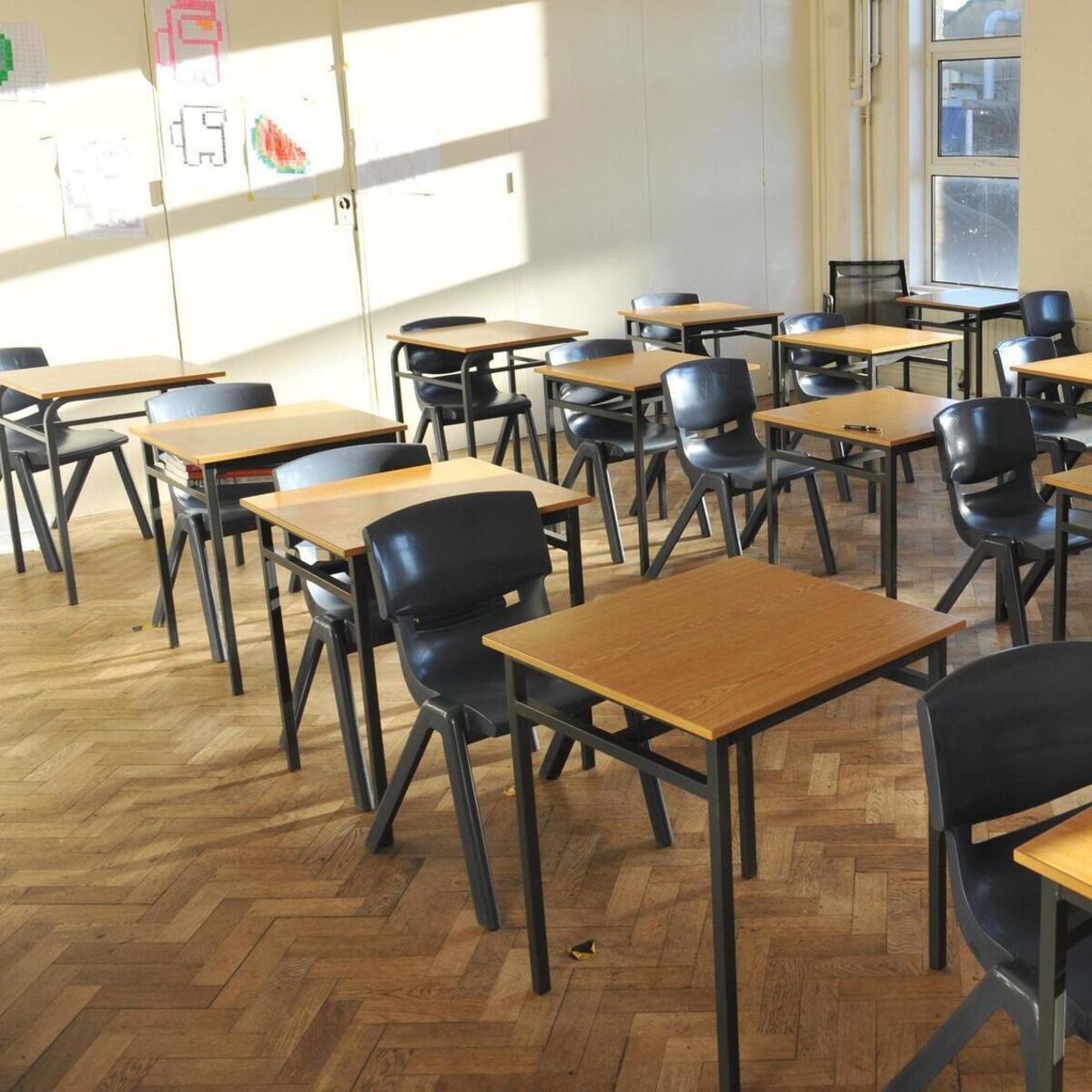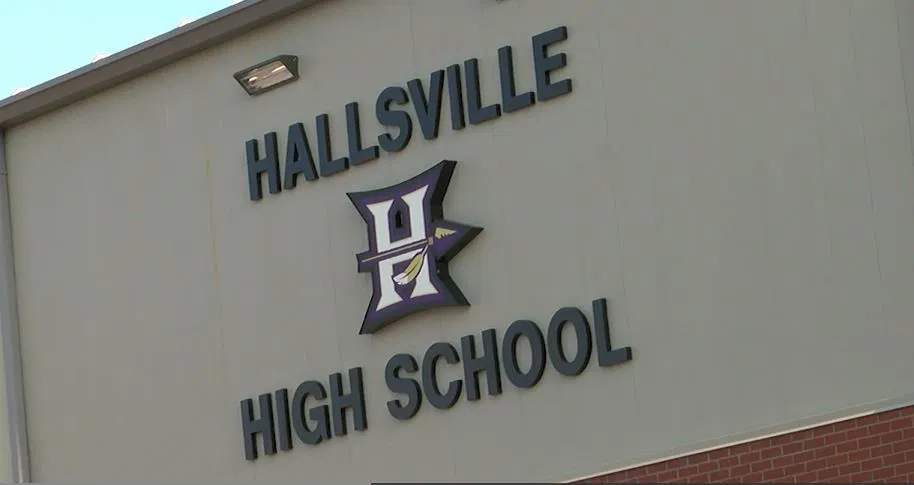
By The Herald Editorial Board
Over the last three years, the Everett Public Schools Board of Directors has seen the departures of three veteran school board members: April Berg, Pam LeSesne and Caroline Mason.
Those appointed to their positions now are seeking election or reelection, seeking to continue serving a district of nearly 20,000 students and a staff of more than 2,500 educators and support staff.
Voters in the Everett School District will vote in each of the contests for the at-large positions. Positions 1 and 2 are for full six-year terms. Position 3 is for the final two years of the unexpired term.
Position 1
Incumbent Roman Rewolinski, who was appointed in the fall of 2023, following LeSesne’s departure, is challenged by Shaina Langley.
Rewolinski is a CPA and Navy veteran with three children enrolled in Everett schools. He has served positions with school PTAs and on the Everett Community College scholarship review board and the district’s fiscal advisory committee.
Langley is a K-5 teacher and Gifted and Talented program instructor with the Lake Washington School District. Langley has a master’s in education. She has served with Everett’s Cultural Arts Commission and participated in the campaigns for a minimum wage increase in Everett and last year’s Snohomish River watershed initiative.
Both shared concerns for the financial health of public education, even as the Everett school district has enjoyed relative fiscal stability.
Rewolinski, noting that federal funding accounts for about 5 percent of the district budget, said that a potential loss of that funding wouldn’t mean immediate cuts to staff or programs, though he is concerned for lost funding for low-income students, particularly free and reduced meals.
On state funding, Rewolinski noted some improvement in the state support of special education, but says more work is necessary on how districts are compensated. State legislators, he said, largely understand the needs but do have to be reminded that education is the state’s paramount duty under its constitution.
Langley agreed that the district’s fiances are stable, and that enrollment growth is projected for the district starting in the 2028-29 school year, but the district did have to draw from its strategic reserve for the current budget to maintain programs. Langley does question the district’s technology expenditure to provide electronic tablets to all students.
Langley, who works with her teachers union, noted her past experience in meeting with state lawmakers on education funding and the need to continue relationships with the district’s legislators.
Both also expressed general support for early plans on a capital bond the district is expected to seek in 2026. Rewolinski said he wants to see a program of projects that assesses capital needs and invests equitably throughout the district. Langley, who sees the importance of capital investment as an educator, said that funding as key to schools as incubators of society.
Everett has scored well in recent state assessments, posting results above state averages and among its peers.
Rewolinski credited a strong partnership among teachers, students, PTAs and district staff for those results.
Langley, however, wondered if current assessments are providing a complete picture of success, concerned that results are not fully reflecting students’ comprehension and writing skill.
Langley is a strong candidate who could draw from her past association with lawmakers and from her relevant experience as a teacher.
At the same time, Rewolinski’s experience in finance and past guidance to the district has proved valuable regarding the district’s fiscal stability and in communicating that information to the community. As well, he has fostered working relationships with local legislators, currently as the board’s legislative liaison. His work in PTAs and his perspective as a parent adds to his utility to the board and district.
Rewolinski, as the choice of the school board among five candidates vetted by district officials and community members seeking to fill the board vacancy, should now win confirmation from district voters and serve a full term.
Position 2
Incumbent Jen Hirman, who was appointed unanimously in 2022 to succeed Berg, and then won election to complete the term, is challenged by Janelle Burke, who has run several times for election to the school board.
Burke, a mother with children enrolled in the district, declined an invitation to be interviewed for an endorsement.
Hirman, before joining the board, was a regional leader with the Washington State PTA organization, and had been active with the district for more than a decade, assisting on committees for adoption of math curricula, elementary school boundaries and high school growth issues. She has two children; one who graduated in 2022 and another now a high school senior. She has lived in Mill Creek for 20 years.
Hirman has a doctorate in educational leadership and policy and wrote her dissertation on charter schools.
She’s also been active with the district’s Natural Leaders program, which works with multi-cultural parents and families, serving as a bridge among families, community and schools.
Some of the district’s success, Hirman said, comes from its strategic planning, now in the fifth year of a five-year process that started with community engagement to set priorities and goals for subjects including math and literacy, particularly at the third-grade level, which Hirman said is a critical point for students.
Another part of that planning has been the district’s infrastructure and its plans for a bond in 2026, that Hirman said is outlining necessary spending for learning environments and student safety.
As part of that five-year planning, Hirman said the district is preparing to return to the community, parents and staff to review and see where adjustments are necessary.
The district also is taking its individual improvement plans for each school, which are available online and inviting parents and community members to review and comment on those.
Hirman noted the district’s good financial stability, but acknowledged that it was necessary to make significant cuts in past years to stay within the revenue the district had. That’s allowed the current budget to sustain a general fund balance between 6 percent and 7 percent as a reserve against unexpected losses.
Regarding the state’s assessments of student learning, Hirman finds the district’s results encouraging, but says those assessments are most useful in showing progress over time, where improvement is needed at the individual school level and in comparisons of diverse student communities to better focus district efforts.
Hirman’s long relationship with the district prior to her appointment and her background in education policy made her an easily justifiable choice by the board three years ago, and again by the voters in 2023. Voters can reaffirm that choice this November by electing her to a full term.
Position 3
Incumbent Anna Marie Jackson Laurence, appointed at the end of April following Mason’s resignation, is challenged by Tom Clarke.
Jackson Laurence is the daughter of Sen. Henry M. “Scoop” Jackson and Helen Jackson. Jackson Laurence, formerly a deputy civil prosecutor for Snohomish County and a court-appointed child advocate, has lived full time in Everett with her husband since 2018. She has been active with Everett Rotary and the Assistance League of Everett.
Jackson Laurence also serves as a trustee for the scholarship fund of the Gertrude Jackson Memorial Trust, named for her aunt who was a third-grade teacher at Garfield Elementary for more than 40 years.
Clarke is an attorney and civil litigator, practicing family law and probate cases. He has two children enrolled in Everett Schools and previously served on the Jackson Elementary PTA and currently on the North Middle School PTA.
Clarke, during the four years so far of his children’s attendance, says he sees good, well-intentioned teachers and good leadership from the superintendent and district office. He does see opportunities for improvement, he said, and believes that sometimes the concerns of parents and students can go unheard.
Clarke said he decided to run over concerns regarding the layoff of a vice principal at one son’s school, believing such budget cuts ought to happen as far as possible from students. Clarke said he’d prefer to see cuts to programs where tasks can be shifted elsewhere. However, he said the most recent budget did well to minimize the effect of cuts.
Clarke said he also wants to serve the interests of immigrants’ rights among district students and families, in particular advocating for students who are on individual education plans to assure equal treatment and services.
Regarding district’s budgets and its upcoming campaign for a capital bond, Clarke said he’d like to see more opportunity for public comment and engagement as well as outreach to the district’s business community.
Jackson Laurence said she applied to fill the vacancy and is running for election to the board to assure academic success; expand student opportunities for programs including career and technical education; fiscal stability and safe schools.
Jackson Laurence said the district has promoted financial stability, which is tracked by board members during a monthly report from the superintendent. Avoiding teacher layoffs in the latest budget, she said, was a significant accomplishment.
She agreed that town halls and other outreach will be necessary as the district’s bond campaign launches. Key to passage will be the community’s assessment of the district. In discussions in the community, she said she hears support for the district’s marks in state assessments and a graduation rate around 95 percent.
On state funding, Jackson Laurence said the district still has not seen full support for special education, and has had to make up the difference using levy funding. She’s also concerned that the district, which serves students who speak some 70 different languages, maintains equitable access to English as a second language resources, funding that should be provided by the state.
The district has, she said, done well to assure student safety, with further plans to increase security with projects included in the bond, so that students feel physically safe but also feel welcomed in their schools.
Clarke offers a passion to serve the community and its students and families, but that passion is also shared by Jackson Laurence, who has shown in the last few months a facility to work collaboratively and effectively with the rest of the board toward those interests.
Jackson Laurence is using her appointment to the board to serve the community her parents served. Voters should confirm that appointment.



